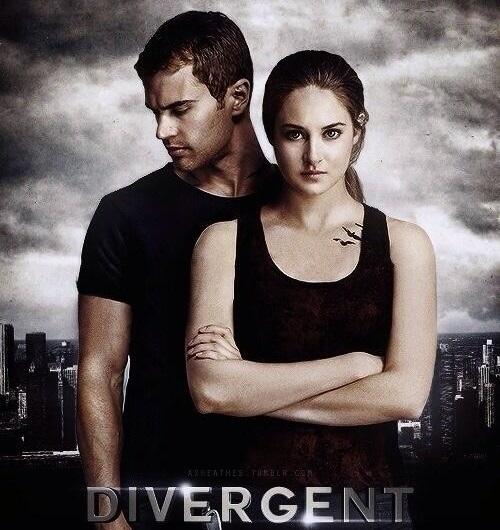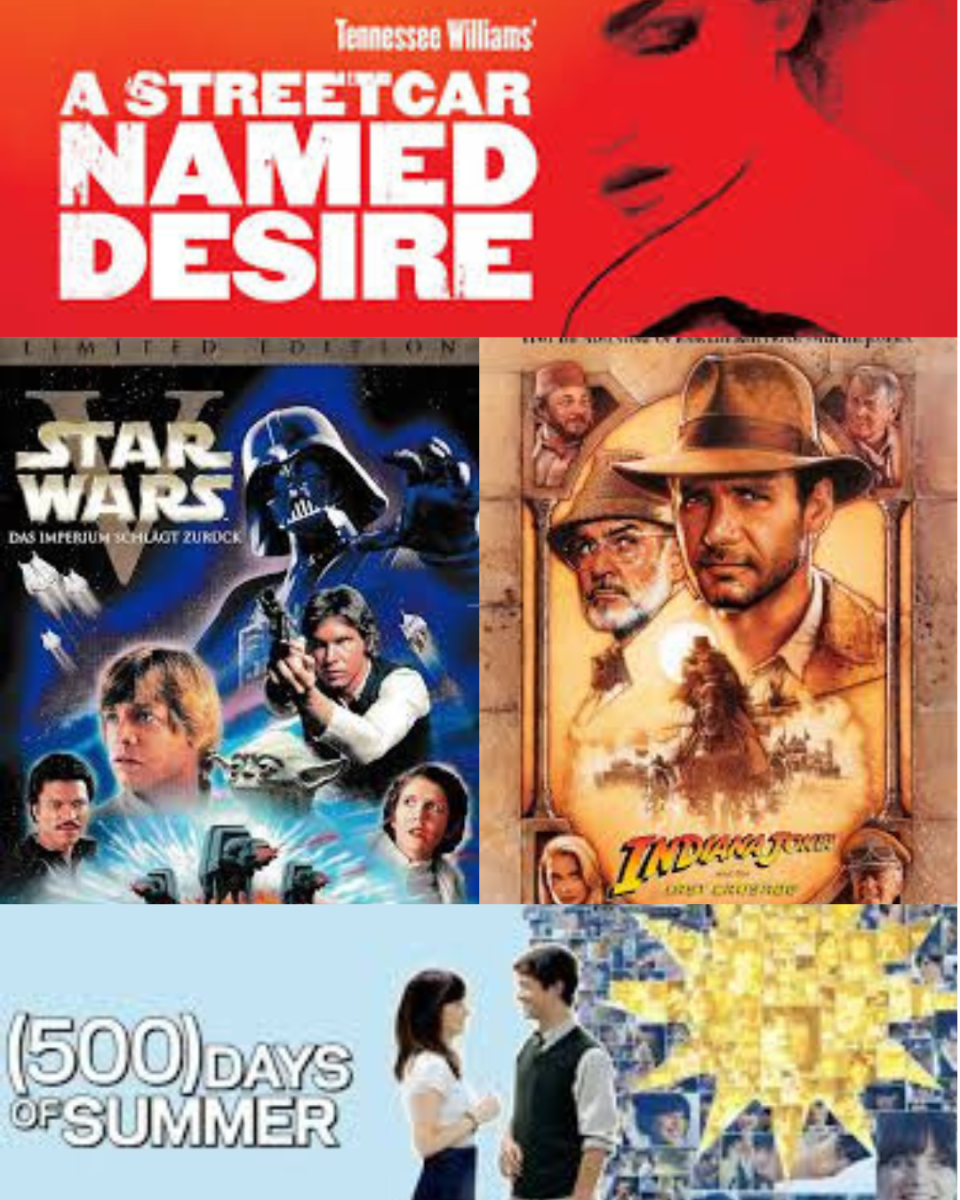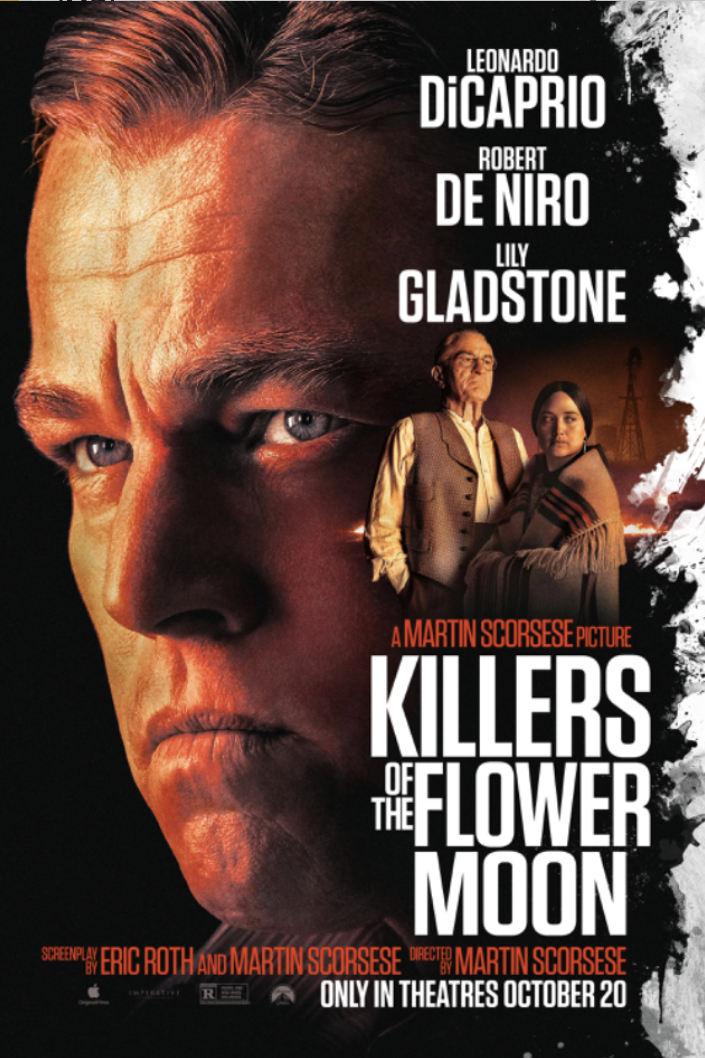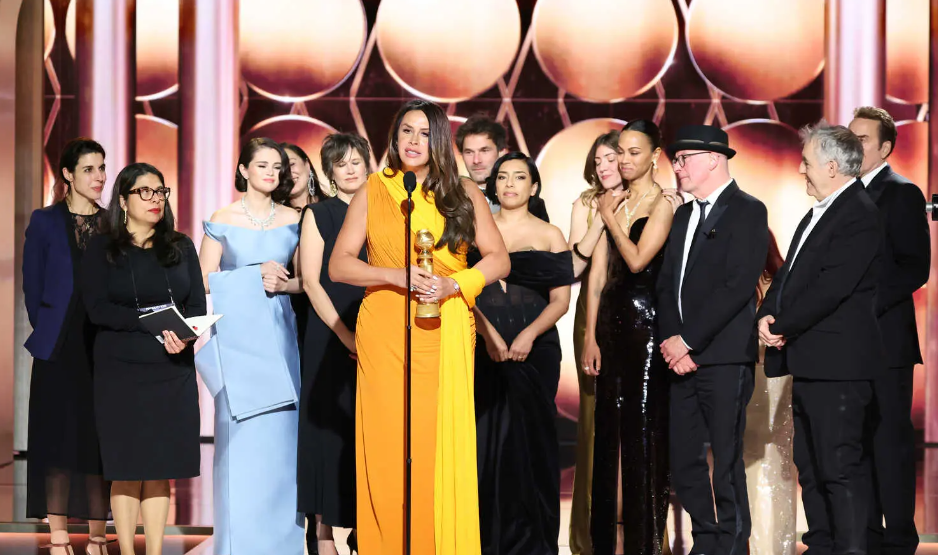
Over the past few years, Hollywood appears to have mastered the recipe for a cinematic masterpiece in an industry virtually void of original ideas. To perfect this specialty, one must refer to a bestselling book series for guidance. Take one unconventional teenage girl with a fearless persona and an appetite for adventure. Stir in a hunky male sidekick and the zest of a hot romance, and let the plot thicken. Finally, mix a hackneyed dystopian society dominated by a power-hungry tyrant, and voila– an astoundingly profitable film that draws throngs of tweens and young adults to theatres across the country. Though novel-turned movies about heroic teenage girls in post-apocalyptic U.S. territories seem to be the genre du jour, there are only so many times a teen can save the world before the film adaptations of classic reads crumble under hefty expectations set by devoted bookworms. Despite its promising premise as yet another critically acclaimed girl-power adventure after Armageddon, Divergent falls flat in comparison to its thrilling paperback counterpart.
The film adaptation of Veronica Roth’s bestselling novel Divergent hit theaters on Friday, March 21. Dominating the box office almost immediately after its release, the movie rose to number one and amassed a total of $56 million over its first weekend in theatres. However, a mammoth profit is not the only thing Divergent raised, for the film also raised many an angry eyebrow when its director digressed dangerously far from Roth’s original plot played out in the novel.
In this futuristic Chicago setting, citizens are divided into five distinct factions– Abnegation, Candor, Erudite, Amity, and Dauntless. Because each community values its own patron virtue–for instance, Abnegation appreciates selflessness while Dauntless deems bravery most important–inhabitants are expected to live out those values which make their faction unique. In the midst of dispute and hostility among the factions, the film follows female protagonist Beatrice “Tris” Prior throughout her dangerous journey to discover her identity and return the city to a state of stability and peace.
As a young adult in this futuristic society, transferring into another faction is a common occurrence, as all individuals are encouraged to discover the community in which they feel they belong. Born into the Abnegation community, Tris is a young woman who feels disconnected from her native faction, as she does not fit the stereotypical mold of a self-sacrificial do-gooder. After taking a test to determine which community is right for her, Tris discovers that she is a ‘Divergent,’ or an individual who does not fit into any one faction. This news is rather unsettling, as Divergents are deemed a threat to the order and function of society and must therefore be monitored closely. After coming to terms with her newfound insight into her identity, Tris must decide which faction she wishes to embrace as her own. Opting for the edgy atmosphere of Dauntless over the benevolent Abnegation, Tris ultimately chooses to switch communities.
Of course, what would a teenage girl’s story be without a generous dose of boy drama? In her new village, Tris befriends Tobias “Four” Eaton, and their friendship–surprise, surprise– evolves into a complex romance. As if identity crises and relationship issues are not enough for a young woman to worry about, Tris discovers Erudite’s plot to eradicate all Divergents and declare war on Abnegation– the ruling faction of Chicago– in order to inherit the power for themselves.
Each actor in the star-studded cast portrayed his or her respective role perfectly. The chemistry between Shailene Woodley (Tris) and Theo James (Four) was palpable, and the passion in their well-played romance directly parallels that depicted in the novel. Though some critics questioned whether Woodley was the right choice to portray Tris–due to her sub-par acting in the ABC Family show “The Secret Life of the American Teenager”– the 22 year old showcased her talent and proved she was capable of delivering a convincing performance as the strong and independent heroine. James, a relatively new face in Hollywood, made a name for himself in this film as the sensitive yet strong Four– a character whose dynamic peronality enabled James to showcase his impressive versatility as an actor. Additionally, Kate Winslet’s performance as Erudite Leader Jeanine Matthews was perfection and allowed viewers to see the actress take on the rather uncharacteristic role of the vindictive villain.
The cinematography, set design, and and special effects were flawless–each action scene captivated the audience, and there was never a dull moment. Director Neil Buger filmed the scenes flawlessly, for the cinematography and unique camera angles brought the characters to life on the screenThe dilapidated Chicago setting made the film more vibrant and brought the novel’s post-apocalyptic world to life.
Despite the intricate set design and the impressive acting skills displayed by the cast, the film adaptation of Divergent clearly supports the popular claim that the book is always better than the movie. The dialogue failed to match the intensity of the film, as screenplay writers Evan Daugherty and Vanessa Taylor provided the actors with dull conversation and disappointing changes from the novel. Of course, fans must anticipate that novels-turned-movies will undoubtedly stray slightly from the beloved book; however, there was almost too much missing from the script, and several scenes failed to include important aspects of those depicted Roth’s novel. Some supporting characters in the novel –namely Christina, Will, and Al — are so crucial to the novel’s plot, yet they are not portrayed with the same importance in the film. Characters like Marlene, Uriah, and Zeke were completely omitted from the film, which was disappointing to fans of Roth’s novel because they add humor to the otherwise dark and gloomy novel.
Divergent was a mediocre movie at best, for it failed to satiate the appetites of adoring fans who set high expectations for the film. Despite the myriad of elements added to this cinematic concoction in order to create a success– including eye-catching action, a dash of romance, and a pinch of passion– critics and viewers alike were disappointed by how Buger botched Veronica Roth’s best-seller to fit the big screen.








